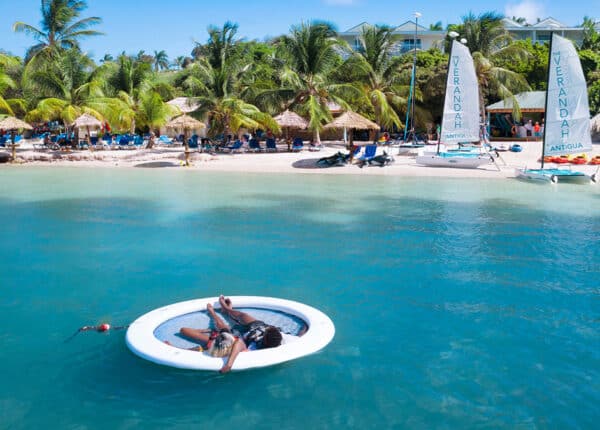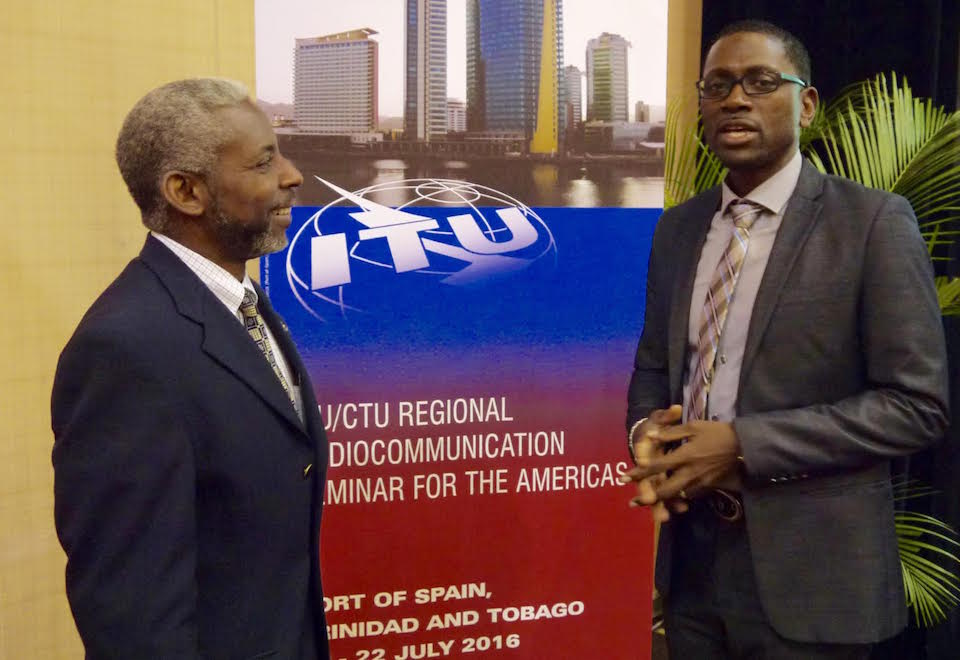The Caribbean’s Digital Switchover – And What It Means
What the switch means
By Gerard Best
CJ Contributor
A shift from analog to digital television broadcast in the Caribbean could be a big boost for local content creators looking to produce and distribute original programs.
Free, analog, over-the-air television broadcasting has already been replaced by digital television transmission is several parts of the world. As a region, Europe was among the early adopters. From as early as December 2006, the Netherlands moved to digital-only television broadcasting. Today, in several countries worldwide, including USA, Japan, South Korea, Australia, Ghana and Kenya, broadcasters are now required to transmit exclusively in a digital format.
The process, commonly referred to as the digital switchover, is now underway in the Caribbean and the successful transition in other parts of the world provides several lessons that can be applied to the Caribbean.
As with all technological advancement, digital switchover is not without potential complications. It could entail unwanted consequences like confusing or even marginalising those unfamiliar with the technology In Singapore, for example, groups of volunteers have taken to making weekly house visits to assist the elderly to transition to digital television.
But the transition from analog to digital is inevitable and produces many clear benefits. This is in part because digital television makes much more efficient use of scarce broadcast spectrum, the radio frequencies used for wireless communication.
By migrating television broadcasters to digital formats, governments can create opportunities to reallocate the radio spectrum frequencies formerly assigned to those transmissions. That released spectrum creates what is called a digital dividend that can be reallocated to critical telecommunications projects, such as nationwide emergency broadcast systems, national wireless broadband access projects and other such initiatives.
However, in the Caribbean, where the supply of spectrum still outstrips current demand, there is much work to be done. Making the business case for the digital switchover requires a blend of foresight and ingenuity.
“Television broadcast bands in the Caribbean are sparsely populated, as very few broadcasters exist to fully utilise the spectrum available within those frequencies for free, over-the-air programming. So the traditional digital dividend spectrum is not in use and is available in most Caribbean countries. It’s a case of having digital assets, instead of having to win a digital dividend. As a result, the region’s broadcasters may not have as strong a motivation to invest in the digital switchover,” said Nigel Cassimire, a telecommunications specialist and spectrum expert with the Caribbean Telecommunications Union (CTU).
The CTU advises regional governments on the intricacies of spectrum planning and policy development, including areas such as digital switchover and frequency reallocation.
Governments can generate revenue by auctioning parts of available or freed-up spectrum to telecommunications service companies, such as mobile service providers. Jamaica and Antigua & Barbuda are two Caribbean countries that have already assigned mobile services for frequencies previously designated primarily for television broadcasting.
“Regional governments and other stakeholders must weigh the costs and benefits of the digital switchover, balancing the risks of radical change against the promise of emerging opportunity,” Cassimire said.
He added that the CTU is working closely with its member states to develop a regulatory and commercial framework to safeguard the interests of all stakeholders.
Among the most tangible possibilities for the region is the opportunity to enhance the production of original video and audio programming for local consumption.
If the Caribbean is to maximise the opportunities of digital switchover, then governments, regulators and broadcasters will have to work in concert to deepen interest and investment in local content production.
“In a media landscape dominated by the cultural and economic powerhouses of the world, audiences from emerging markets like the Caribbean typically find themselves drowning in a flood of foreign content,” said Bevil Wooding, an Internet Strategist and Director of the CTU’s Caribbean ICT Roadshow, an initiative that boosts general ICT awareness and promotes local digital content creation.
“We can harness creative local resources to produce relevant local content, riding on local infrastructure, governed by local legislation, transacting in the local markets, to meet local needs,” Wooding said.
The interconnected set of actions he describes is key to realising the digital dividends other countries have already achieved, and the Caribbean longs for. With the right mix of political will, technical expertise and private sector investment, the Caribbean has the potential to convert its digital assets into a real cultural dividend.







